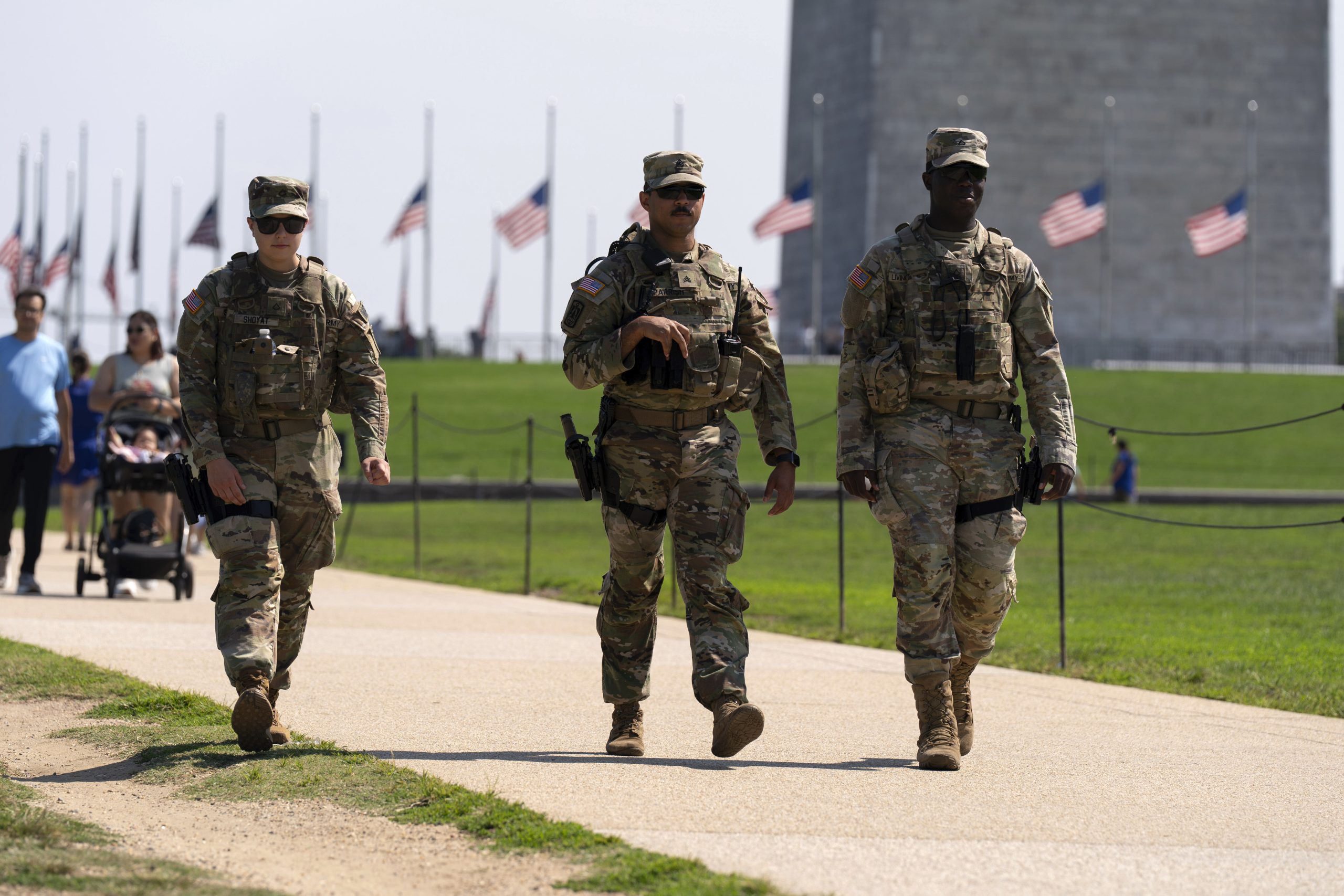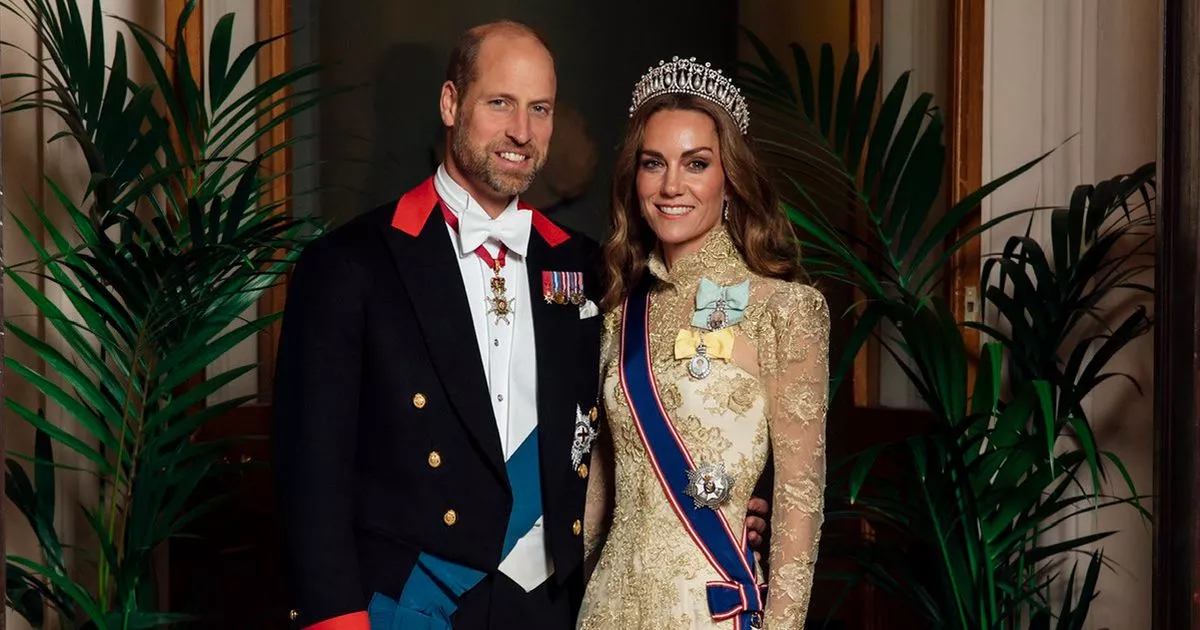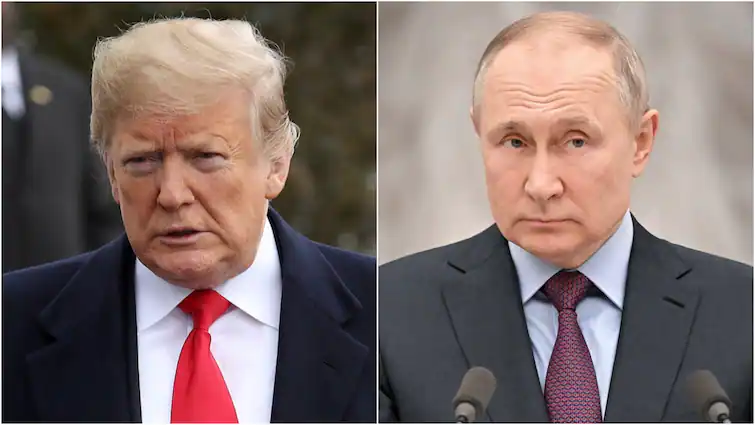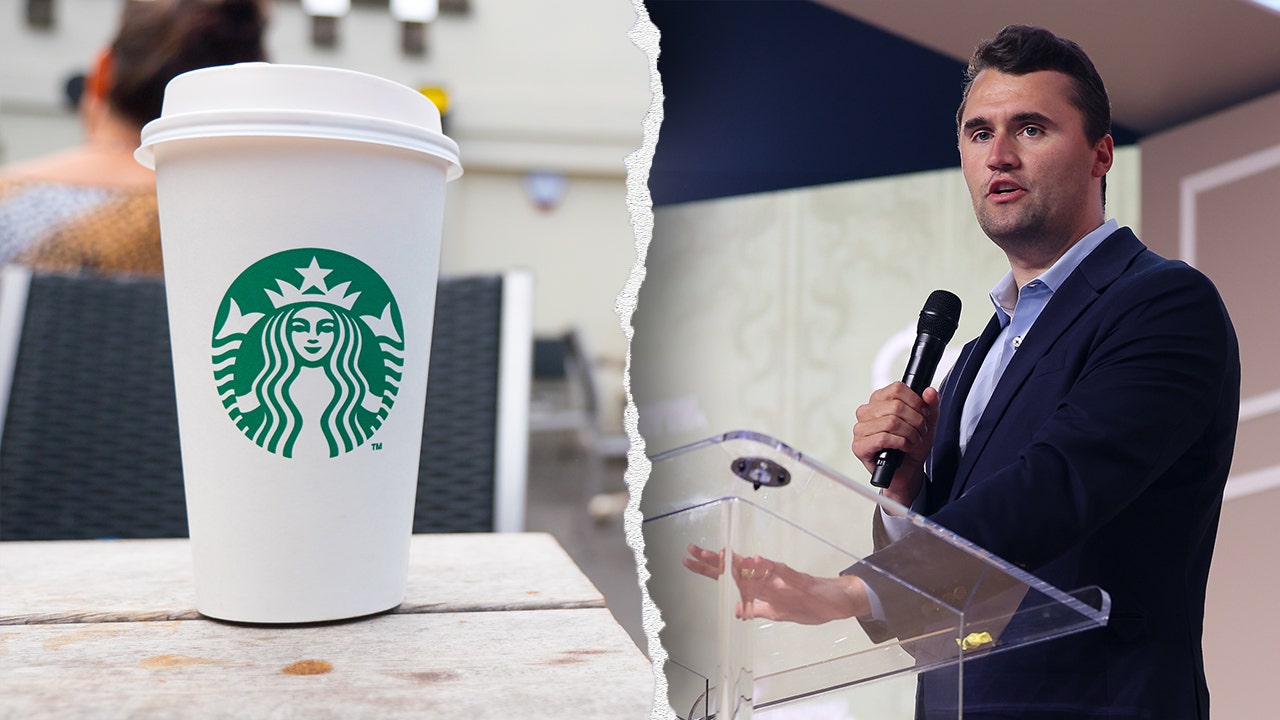By Ana Radelat
Copyright minnpost

WASHINGTON – Minneapolis Mayor Jacob Frey says the city is ready with legal and emergency response plans in the event that President Donald Trump tries to deploy the National Guard in the city.
“You have to be prepared,” Frey told MinnPost in an interview, calling Trump’s recent military interventions in U.S. cities a dangerous “game.”
St. Paul Mayor Melvin Carter is also steeling for the possibility of a federal incursion.
“Sending National Guard troops to occupy American cities oversteps federal authority, undermines local control and turns our military into a political prop,” Carter said in a statement.
Trump has said he’s preparing to send National Guard troops into Democrat-run cities because of what he says is out-of-control crime. He’s described Baltimore and Chicago as “hellholes” and also called out New Orleans, New York and Philadelphia, among others.
The president has not specifically mentioned Minneapolis, but a rash of gun violence — including the Aug. 27 mass shooting at Annunciation Catholic School and a mass shooting at a homeless encampment this week — has stoked public fears and speculation that the city may be on the president’s list.
Related: D.C. Memo: Trump’s takeover of D.C. with National Guard continues
Frey said his office is coordinating with those of Carter and Minnesota Gov. Tim Walz on potential responses, and that he is also involved in a text chain organized by the Democratic Mayors Association, which has held strategy calls. He said he’s prepared to fight a federal incursion in the courts and would use the city’s emergency management department to keep residents informed and coordinate city departments.
If Trump really wanted to address crime and homelessness, Frey said the president would take steps to address the roots of the problem, like increasing federal funding for public housing and local police. “Instead, he is abusing his power and spreading disinformation about Minneapolis,” Frey said.
The risk of an unwanted National Guard deployment is buffered by the Minnesota’s Democratic governor. The president can only call up the National Guard without a state’s consent under narrow legal circumstances. Trump has yet to follow through on threats to send the National Guard to Chicago amid opposition from Illinois’ Democratic Gov. JB Pritzker.
On Monday, Trump signed an executive order creating and authorizing the use of the National Guard to crack down on crime in Memphis, a city with a Democratic mayor under a Republican governor, who unlike Pritzker has been receptive to Trump’s requests.
Memphis’ Democratic Mayor Paul Young says he didn’t ask for Trump’s intervention but that he will “work strategically” to align the National Guard with local policing priorities.
Trump faces more resistance elsewhere. Washington, D.C., Attorney General Brian Schwalb has sued, arguing Trump’s takeover of the U.S. capital is an illegal “military occupation” that violates the city’s self-governance under the Home Rule Act.
But it is the Home Rule Act – which gives Congress control of the city’s budget and authority to review legislation — that the Trump administration cited for its takeover of the D.C. police department because it allows for temporary federal control of the city in emergency situations.
Frey said an attempt to take over the police in Minneapolis would be a “blatant, illegal usurpation of legal control.”
“The police report to me,” he said.
Frey also said he’s not opposed to federal help to solve Minneapolis’ problems. “But I’m opposed to federal chaos,” he said. “We are responsible for fighting crime.”
Carter cited declining crime rates in St. Paul, saying homicides in the city have decreased by 50% and assaults have fallen by 30% this year. He also said partnerships between state and local government have been effective at reducing violent crime.
“If the president wants a serious conversation about public safety, local communities like ours stand ready to show the way,” Carter said.
The legal and political risks
Democrats’ opposition is not without political risk. With tough talk about violent crime an election issue, Trump said he would usher in GOP victories in next year’s midterms. The president has made Democratic mayors who protest his actions vulnerable to charges that they are soft on crime.
Trump’s militarized response to crime faced a setback this month when a federal judge ruled his sending of the National Guard to Los Angeles in June — ostensibly to protect federal buildings and employees from street protests amid an immigration crack down — was illegal.
That ruling may be an impediment to plans Trump may have for sending troops to cities in blue states, including Chicago and the Twin Cities. But the ruling is paused pending an appeal by the federal government. Trump continues to draft plans to send federal troops into Chicago and other cities despite the judge’s ruling.
Related: GOP lawmakers attack Walz for ‘sanctuary’ policy at testy Capitol Hill hearing
The National Guard deployments in Los Angeles and Washington, D.C., happened alongside a surge of other federal forces, including agents from the FBI, Immigration and Customs Enforcement (ICE), and the Bureau of Alcohol, Tobacco, Firearms & Explosives. The result was an escalation of immigrant detentions.
The federal court ruling from Los Angeles doesn’t affect the federal government’s authority over enforcement of immigration law. So, the president could deploy federal forces to “blue” cities to crack down on immigration, as he did last week to Boston. The White House simultaneously sued Boston officials over alleged interference with federal efforts.
Frey, who is in a tough race for reelection, indicated that the Minneapolis Police Department won’t be involved in efforts to detain immigrants (though he faces questions and criticism over the police role in a high-profile June 3 search of a south Minneapolis restaurant).
“I don’t want our officers to spend a single second picking up a father who is dropping off his kids at day care after going to work a 12-hour shift,” the mayor said.
Frey said residents of Minneapolis would reject a federal presence.
“Our community here in Minneapolis does not trust the Trump administration,” he said.



